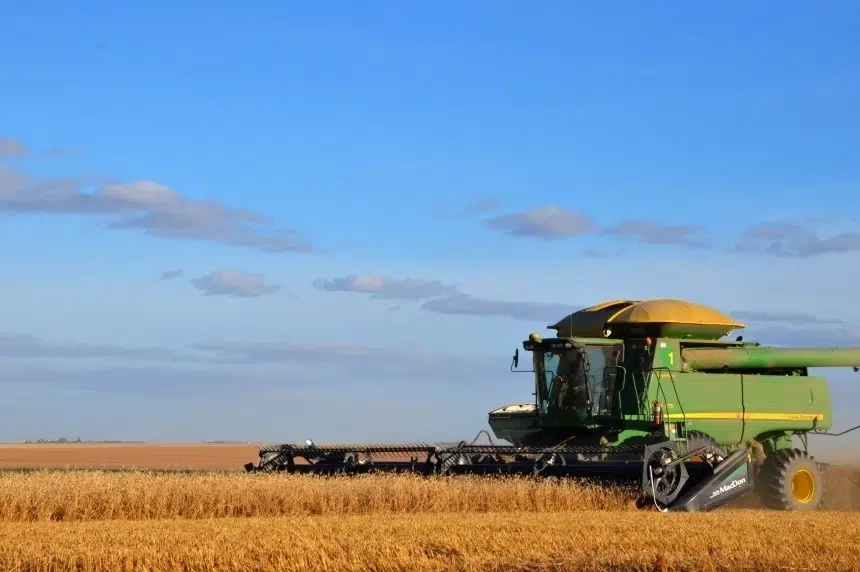A 25 per cent carbon tax increase that took effect Friday is putting many farmers in an awkward situation.
A rising inflation rate on crop supplies and machinery factored in with last year’s drought has already been more than enough to bear for many farming businesses.
Ian Boxall, the president of the Agricultural Producers Association of Saskatchewan (APAS), said the increase in the carbon tax from $40 a tonne of emissions to $50 per tonne is a case of unfortunate timing.
“This is just an added cost that farmers are going to have to try to manage when things are already really tough,” Boxall said. “The timing of it couldn’t be worse for all Canadians, honestly.”
In terms of a carbon tax, Boxall says there are other ways to deal with climate change.
“I don’t believe a carbon tax is the way to go,” the Tisdale-area farmer said. “Producers lots of times will get blamed that we don’t believe in climate change, but that’s false. We’re the biggest stewards of the land in this country.
“We care about the environment more than we would ever get credit for. I do believe there are other alternatives to helping us along, whether it be on research in ways to reduce our carbon footprint. Taxing emissions is not the way to do it.”
Even though the future doesn’t look awfully bright, Boxall has a belief that things have a way of turning out for the best.
“I don’t know how we’re going to manage it,” he said. “We’ll figure out a way. Farmers are an optimistic bunch; we wouldn’t do it if we didn’t think there was a way to do it.”
Daryl Fransoo is the chair of the Western Canadian Wheat Growers Association and farms near the Glaslyn area. He says all types of farmers are going to see the results of the carbon tax increase in some form.
“It affects every farmer (and) every operation, no matter with cattle, chicken or grain farmers,” he said. “It’s just more dollars out of our pockets that we can’t reinvest in our farms to invest in the latest technology.”
When describing the general consensus of how farmers feel about the increase, Fransoo used the word “disappointment.”
“With crop inputs doubling in price and then with a huge exporting nation of food like Ukraine being invaded currently, there is a legit chance that we could have a global food shortage,” Fransoo said. “The carbon tax just takes away our ability to grow more and feed more people.”
One wish Fransoo has is for the government to give farmers a bigger voice and show trust in them as a whole.
“It’s time they start listening to farmers and (put in) policies where farmers know best, not Ottawa knows best,” he said.







